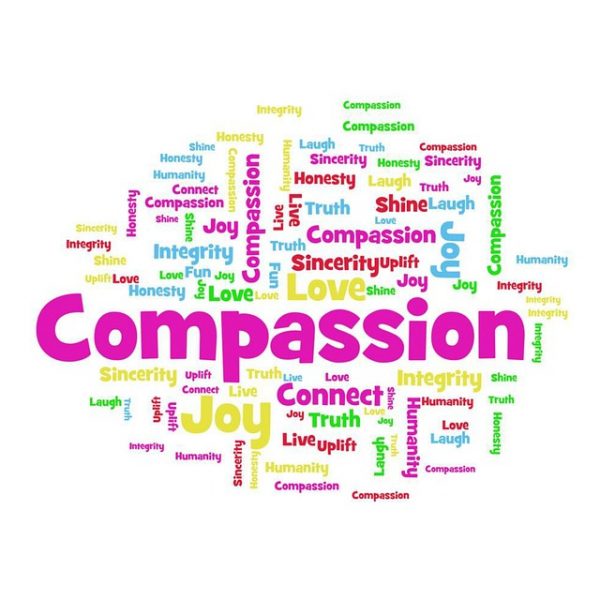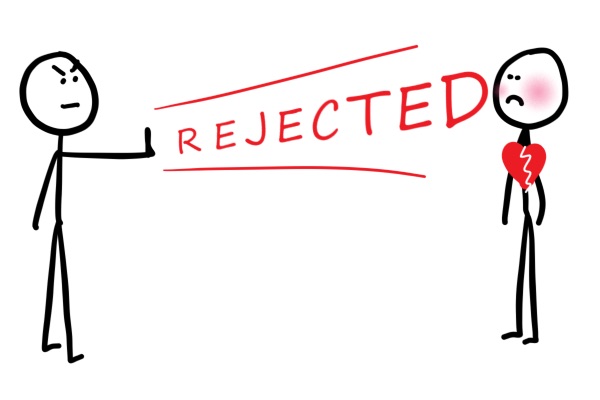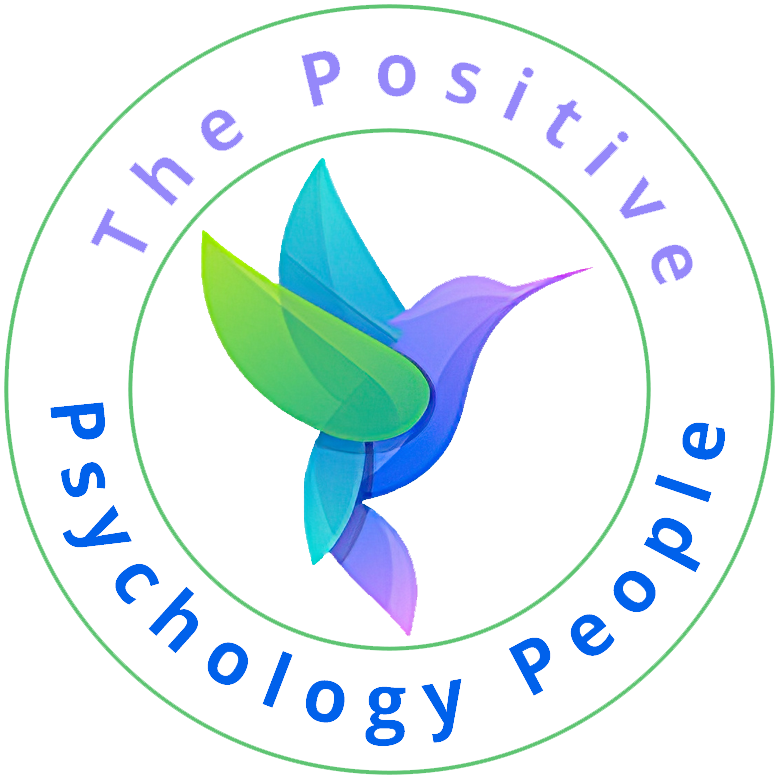
by Sarah Monk | January, 2022 | Positive Psychology, Sarah Monk
In this blog I talk about what we mean by values, strengths and goals and how these can optimally work together to promote flourishing. Values Values are the things that really matter to us, our compass bearings for who we want to be in life and what we want to stand for. These vary between people and can change over time. Interestingly, as I see it, there is no value judgement about your values. Only you can decide what is truly important to you. Clearly, our values may be heavily influenced by our environment, culture, upbringing, experiences, attachment and trauma history and social circles. However, ultimately we get to choose our priorities and the way in which we balance them. As I’ve written in previous blogs, many of us don’t stop to think about what our values are and this can lead to feeling rather rudderless and being buffeted by the vagaries of life. Understanding our values can be both an anchor in a storm and the compass to find our way through it. This can help promote our wellbeing. If you don’t know what your values are, try thinking about what you would like everyone you know to say about you at your 80th birthday party. What resonates with you most? A wise mentor, an inspiring leader, the person who always made us laugh, an advocate for truth and justice, a creative talent, a loyal friend, the best hostess, the latest tech guru, the hardest worker? While it would be lovely to be all things to all people, no one can do that, what are the things that...

by Emma Willmer | December, 2018 | hope
I recently found myself telling a work colleague that hope was everything in my life and was surprised by what I’d said as soon as the words left my mouth. On reflection, I discovered that indeed hope has, and still is, everything in my life. Hope has pulled me through the darkest of times and has driven me to continue growing no matter what. I have never consciously looked for hope, it has always subtly been there in my life, popping it’s head up whenever I’ve needed it. In studying for a MSc Applied Positive Psychology degree I’ve become more and more interested in the tools that can be used to enable people to flourish. I’ve found myself wondering how much easier my own past challenges would have been if I’ve been aware of Positive Psychology and the interventions that exist. My current challenge is grappling with a decision to sell up and move to a new house. Whilst this doesn’t seem a huge event ordinarily, it is the first time in my life I am facing this kind of situation alone. Every decision and choice needing to be made is to be made by me alone, and the responsibility of achieving the best outcome possible is all mine. Not being a fortune teller, I can’t see how it will turn out and it is one of the scariest things I have ever done knowing that it affects my children as well. In acknowledging the pressure I am feeling, I have turned to Positive Psychology to use the interventions that I believe will provide me the desired support through...

by Helen Golstein | December, 2018 | compassion
I have spent a lot of my adult life being puzzled about the whole premise of this thing we call “self-esteem”. What is it actually, and how can we so easily move from having a lot of it, to not having much. It always seemed precarious, as if my appreciation of myself was fragile and dependant on a very subjective appraisal. What is self-esteem? Broadly speaking self-esteem refers to the way we see ourselves, how we have assessed our performance, what we look like, do and be and is linked to how much we appreciate and like ourselves. When we are deemed to have high self-esteem, we are expected to be more confident and have a stronger belief in our ability to achieve our goals and become more successful. How do we achieve our self-esteem? If our levels of self-esteem are created by continual assessment, what and how are we being assessed against? Mostly we are being measured by how we or others experience us or our performance against either a known or unknown benchmark. An expected behaviour, an exam grade, how others are doing or have done before you, what you look like, what you weigh, how fit and healthy you are, your work, your income and how brilliantly you navigate your amazingly perfect life, as measured against what society has set as a standard you are supposed to be able to reach. We also now have social media which has insidiously and with such elegance upped our social comparison default to a whole new level, with so many measuring their “ordinary lives” against those highly...

by Pinky Jangra | October, 2018 | Pinky Jangra, self-growth
Alarm bells started ringing when I stopped to ponder how much of my life is driven by a single intention: to avoid rejection. It’s more of my life than I care to admit. In fact, more of my life than I had realised, until I stopped to look at it more closely today. I find myself people pleasing, hiding my true feelings, not saying ‘no’ to people, not saying ‘yes’ to people, sitting politely and staying quiet – all to avoid rejection. Fear of rejection and the shame associated with rejection (I think it’s the shame we’re more scared of, than the rejection itself) is such a stifling state of being. We’re so scared that someone will stop liking us or think badly of us, that we dare not make any bold moves. We shut down, we stop growing, we don’t step forward, we hold ourselves back, we stay small. Why on Earth are we doing that? Fear of rejection is critical to our survival When we’re children, we need adults to look after us until we mature. If an adult rejects a child and that child is left alone, that child will not survive. Therefore, a child’s brain is primarily focussed on attachment and being accepted is a matter of life and death. As adults and social creatures, we need to build and maintain healthy relationships for our wellbeing, survival and propagation of life. If we weren’t aware of what might cause people to reject us, we may dart around upsetting people and be left standing all alone. Fear of rejection has its place in our wellbeing and...

by Amy Poole | September, 2018 | Amy Poole, compassion
When being asked to consider questions such as “Who can you rely on?” “Who makes you feel good?” “Who is always there for your emotional needs?” we tend to picture one person in our mind immediately or handpick a few of our peers who perhaps embody the answer to one of those questions, but not all of them. It is highly unlikely the vast majority of us would answer those questions with “me.” When actually, the only person we can ever 100% count on to ever fully answer any of those questions is in fact, our self. We tend to accept self-criticism as the norm, for instance, ask yourself this: how often do you wake up in the morning with a thought loaded with negativity? As a young woman in the 21st century, common thoughts that occur to me following the most peaceful of nights rest include: “I look fat in this dress” “The bags underneath my eyes reach my chin” or “it’s so embarrassing that the only person who shares this bed with me is my dog” Any of these sound familiar? If so, ask yourself how you would feel if your best friend said any of those things to you? Is it even likely you would still want that person to be your friend? If so… you need new friends and new standards of friends. More to the point, how offended would you be? How long would the impact of such comments last? So why are we so blasé about saying those things to ourselves when it would hurt to hear it others? Research from Miraca U....






